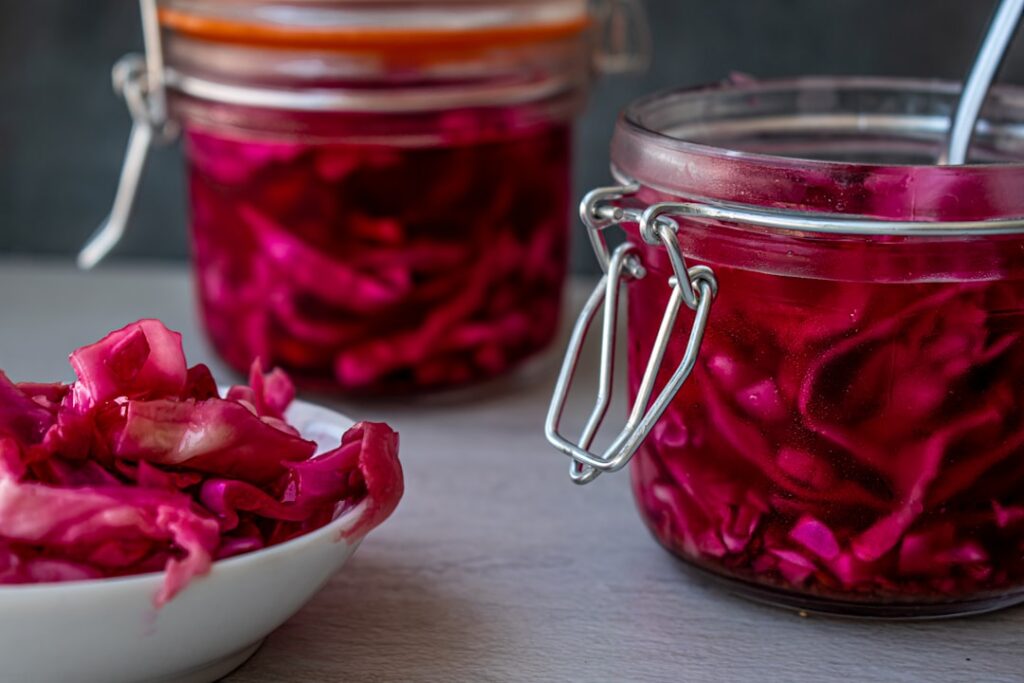Introduction
As the world grapples with the realities of climate change, the search is on for sustainable practices that align with the rhythms of nature. One such practice is the art of ancient fermentation, a food preservation technique that dates back thousands of years and holds potential for a more sustainable future. This age-old method not only increases the shelf-life of food and enhances its nutritional content but also adds a unique depth of flavour.
The Art of Ancient Fermentation
Fermentation was born out of necessity, as a means of preserving food for longer periods. This technique, practiced by ancient civilizations such as the Chinese, Egyptians, and Romans, involves the transformation of food by various bacteria, yeasts, and fungi. The result is a product that is enriched with vitamins, probiotics, and enzymes beneficial for gut health. Examples of ancient fermentation include the production of wine, beer, cheese, yogurt, sauerkraut, and kimchi.
Reviving Old Techniques
Modern society is now rediscovering the value of these ancient techniques. Pioneers in this revival, like Sandor Katz, author of “Wild Fermentation” and “The Art of Fermentation”, are leading the way, demonstrating how easy and beneficial it is to incorporate fermented foods into our diets. By doing so, we not only reduce food waste by extending the shelf-life of produce but also enrich our diets with essential nutrients.
Fermentation for a Sustainable Future
Fermentation aligns with sustainable practices in various ways. It requires minimal energy for processing, reduces dependence on refrigeration, and uses local, seasonal produce, thus lowering the carbon footprint. Furthermore, fermented foods are highly nutritious and support gut health, contributing to overall wellness. The Food and Agriculture Organization of the United Nations recognizes fermentation as a key technique for sustainable food production, especially in developing countries.
Practical Tips to Start Fermenting at Home
Embarking on your fermentation journey is easy and rewarding. Here are some tips to get started:
- Select fresh, organic produce for fermentation. The better the ingredients, the better the end product.
- Start with simple recipes like sauerkraut or yogurt, which require minimal ingredients and steps.
- Ensure all your tools and containers are clean. This prevents unwanted bacteria from spoiling the fermentation process.
- Patience is key. Fermentation is a slow process that can take anywhere from a few days to several months. Remember, good things come to those who wait!
Conclusion
The art of ancient fermentation holds the key to a more sustainable and nutritious food system. By reviving these techniques, we are not only preserving cultural heritage but also paving the way for a greener and healthier future.

